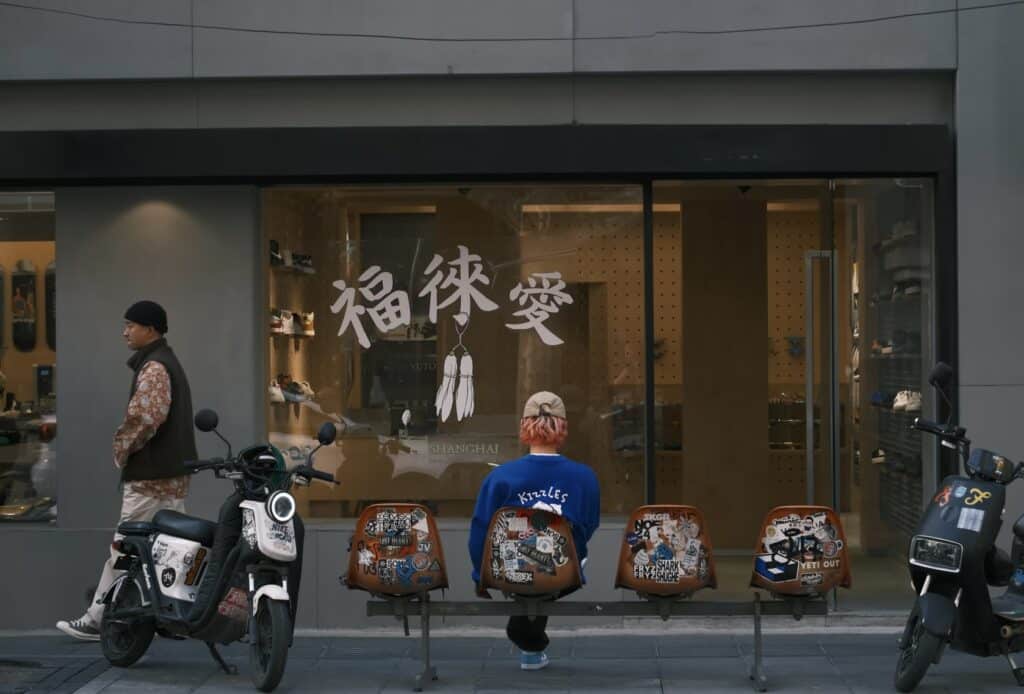Nike is pushing back against the findings of a court-ordered review in the trademark case that pits it against a much smaller sportswear company. In the objection that it filed on October 9, Nike took issue with Special Master Hon. Jane Greenspan’s recommendation that the sportswear giant pay $5 million in attorney’s fees to Lontex Corporation, which accused Nike of blatant trademark infringement. Nike refuted Greenspan’s finding that the case met the threshold of “exceptionality” under the Lanham Act and thus, that it should pay Lontex’s attorney’s costs, describing Greenspan’s report as “premised on legal and factual errors” and arguing that that it should not be adopted by the court.
According to Greenspan’s September 25 report, Nike exhibited “reckless indifference” to Lontex’s rights in the “Cool Compression” trademark and engaged in litigation tactics that warranted a hefty attorney’s fee award. But in its response, Nike’s attorneys painted a different picture, rejecting the claim that the Swoosh’s conduct justified any such penalty and highlighting the company’s wins against Lontex at trial. “Nike won on counterfeiting,” the company states. “Nike won on disgorgement. The jury rejected Lontex’s claim for over $100 million in damages, awarded only $142,000 in compensatory damages, and completely rejected Lontex’s assertions of harm to its business.”
The Background: This dispute began in 2018, when Pennsylvania-based Lontex Corporation accused Nike of infringing its “Cool Compression” trademark. Despite multiple cease-and-desist letters, Lontex claimed Nike continued to use the trademark-protected term for its products. On the heels of a jury trial in 2021, Lontex was awarded $142,000 in compensatory damages and $365,000 in punitive damages (much less than what the company initially sought) after Nike won on issues of counterfeiting and disgorgement. Once the underlying case wrapped up, Lontex’s attorneys argued that Nike’s conduct throughout the case was so egregious that it deserved $5 million in attorney’s fees, leading to the current back-and-forth.
Initially, the U.S. District Court for the Eastern District of Pennsylvania declared the case “exceptional” under the Lanham Act, ordering Nike to pay the fees. However, after Nike appealed, the U.S. Court of Appeals for the Third Circuit remanded the issue, requesting a more thorough examination of the facts. This led to Greenspan’s recommendation to uphold the fee award, which Nike is now contesting.
The Case is Not “Exceptional”
Nike’s objections to Greenspan’s report center in large part on what it describes as a gross misapplication of legal standards, distortions of the case’s strength and improper reliance on settlement-related discussions. For instance, Nike’s response focuses on Greenspan’s alleged misstating the legal definition of “exceptional.” According to Nike, Greenspan “misunderstands and misapplies the relevant legal standards,” going on to slam her broad interpretation of exceptionality and pointing out that the term is not meant to be applied so freely.
Referencing case law, Nike emphasizes that the word “exceptional” means something “uncommon, rare, or not ordinary” and states that Greenspan attempts to inappropriately expand the scope of the term. “The ‘reasons stated’ in the [report and recommendation] do not support the conclusion that this is an exceptional case, are legally improper, and contain clear factual errors,” Nike states, arguing that Greenspan’s report is “factually unsupported and legally flawed.” Nike states that the case was close on liability, and “the strength of Lontex’s case on [willfulness and punitive damages] cannot be any stronger than its case on infringement.”
Strong Defense, Settlement Talks
In its objection, Nike also takes issue with how Greenspan has downplayed the company’s successful defenses and overstated the strength of Lontex’s case. The sportswear giant rejected the notion that Lontex had an upper hand, arguing that the case was contested on both sides. Highlighting the Third Circuit’s ruling, Nike reminds the court that it prevailed on several key issues, including counterfeiting and disgorgement. “The Circuit Court also affirmed this Court’s order dismissing Lontex’s counterfeiting claims as a matter of law at the pleading stage,” Nike points out. It also stated that the court “declined to disgorge any Nike profits – notwithstanding Lontex’s request for $95.7 million in disgorgement.”
The sportswear giant continues, emphasizing that the Third Circuit made it clear that the precedent it relied on does “not strongly support either party” Furthermore, Nike zeroes in on Greenspan’s characterization of its defense, calling her perspective “legally insufficient and factually flawed.” Nike states that the case was close on liability, and “the strength of Lontex’s case on those issues cannot be any stronger than its case on infringement”
Nike also brings up Greenspan’s reliance on settlement-related discussions as evidence of bad faith. The company takes issue with the idea that it refused to engage in settlement negotiations, asserting, “There is no evidence in the record that supports this finding, and the R&R cites none.” In fact, Nike claims that “the record does contain evidence that [it] spoke with Lontex, including about settlement.” Additionally, Nike also argues that Greenspan’s claims are not only wrong but also legally inappropriate, stating that settlement-related communications should not even be part of the discussion under Federal Rules of Evidence 408, which protect such discussions from being used against parties in court.
Willfulness & Resources Don’t Justify Fees
Finally, while the jury found that Nike’s infringement was willful, it contends that this finding, alone, cannot justify an award of attorney’s fees. Nike’s filing states that “[a] finding of willfulness, without more, cannot support a fee award.” The company goes on to cite the Third Circuit’s earlier ruling, which stated that “Lontex’s victory on the merits of a hard-fought case does not, by itself, render its position ‘exceptional’ – especially since the jury largely rejected Lontex’s damages claims.”
Furthermore, the financial disparity between the two companies is also a big focus in the filing. Nike asserts that financial size has no bearing on whether a case is exceptional and goes on to dismiss the report’s focus on its deep pockets as an irrelevant “David versus Goliath” narrative.
“The [report and recommendation’s] repeated emphasis on the financial disparities between the parties conflicts with the Third Circuit’s opinion by relying on the same ‘David-versus-Goliath’ policy rationale that the Third Circuit already rejected,” Nike argues. The company makes it clear that financial resources should not be a factor in determining whether a case meets the standard of exceptionality, citing the appellate court’s earlier decision.
The case is Lontex Corporation v. Nike, Inc., 2:18-cv-05623 (E.D. Pa.).











